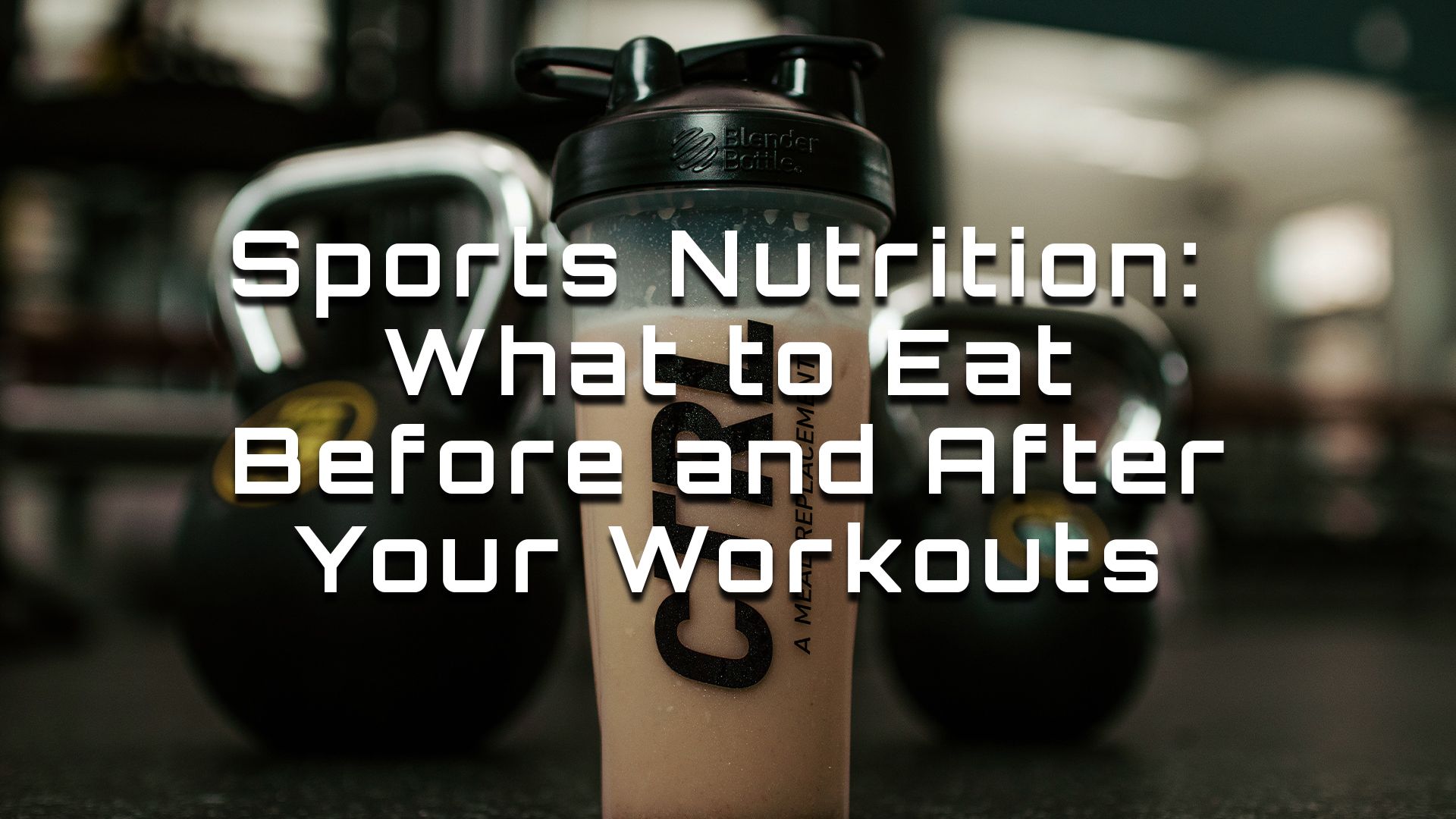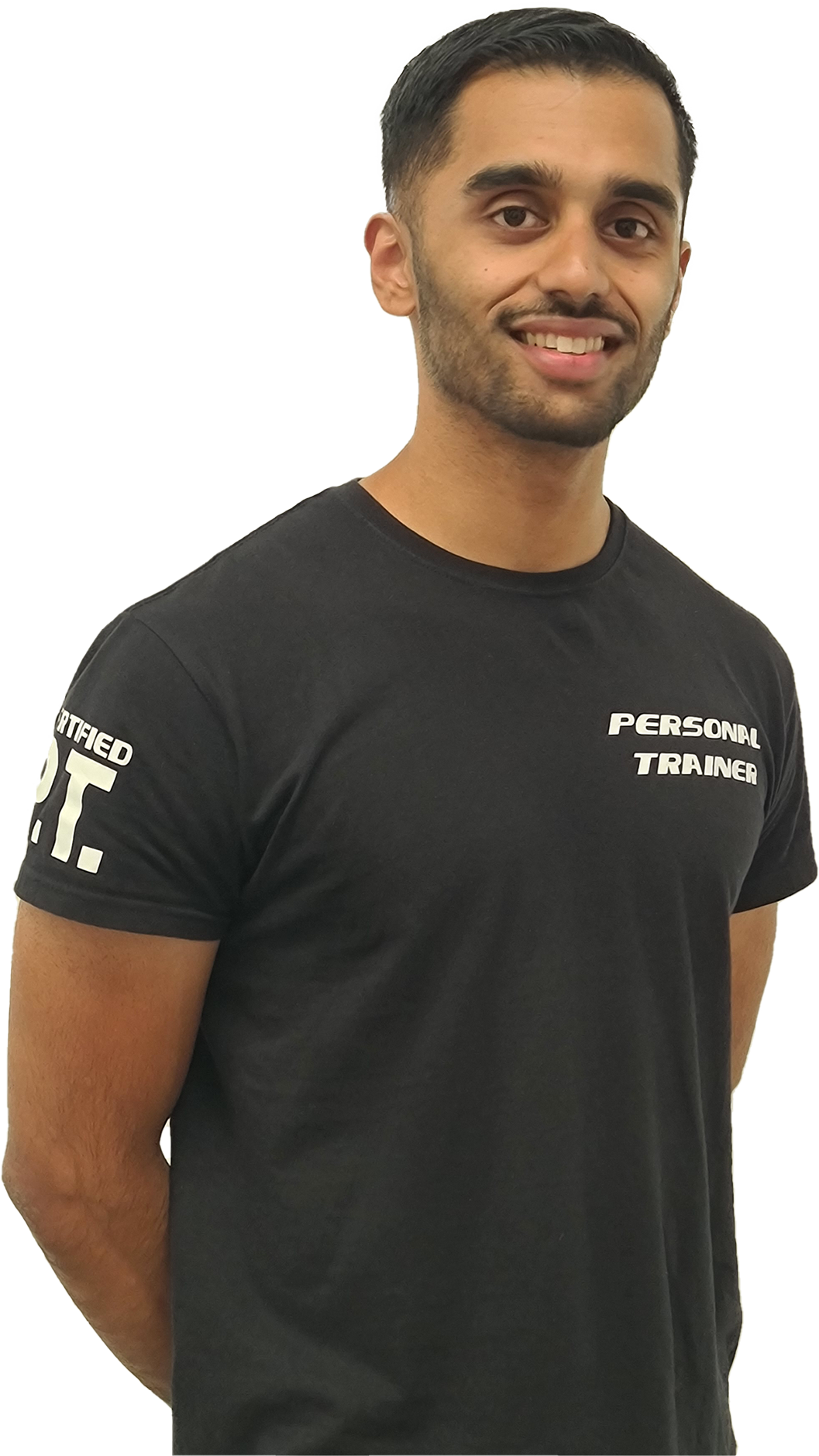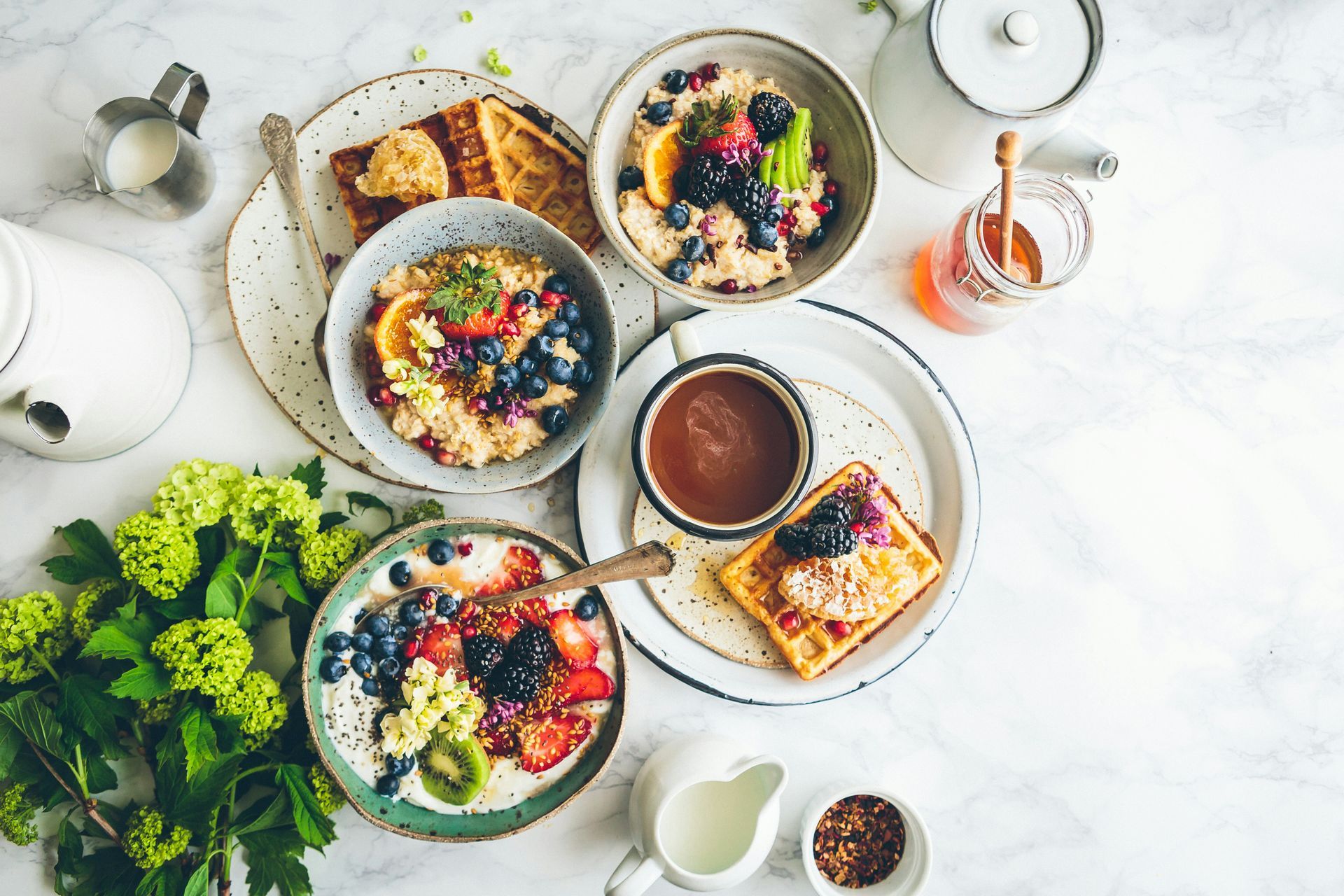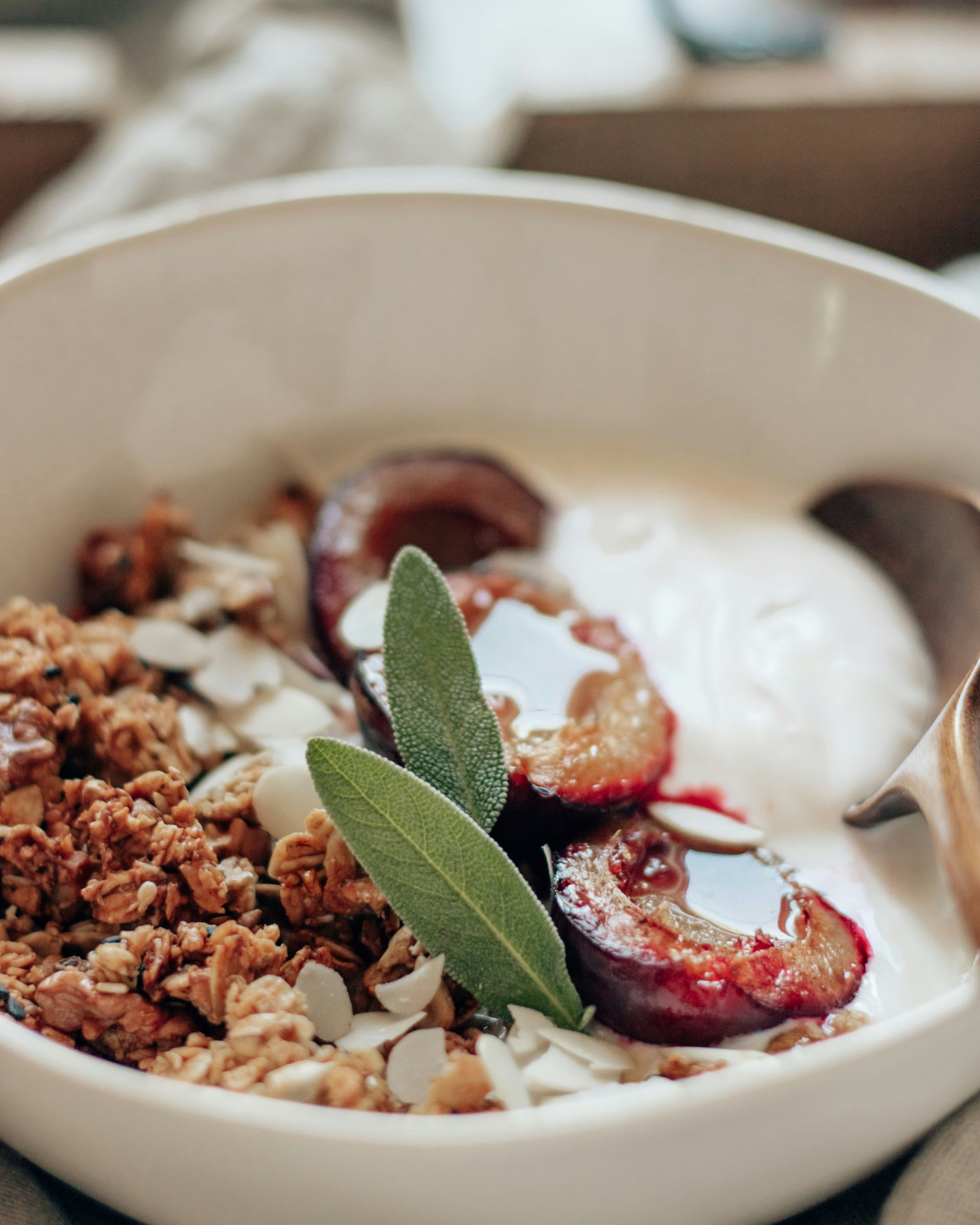
From this article, you'll grasp an idea of the following things:
- Learn the importance of sports nutrition and get tips on what to eat before and after your workouts for optimal performance and recovery.
- Discover the best pre and post-workout snacks and meals to help you fuel your workouts and recover faster.
- Get the ultimate guide to sports nutrition and learn how to optimize your performance and recovery with the right foods.
Sports Nutrition: What to Eat Before and After a Workout
Proper nutrition is key to achieving optimal performance and recovery in sports. What you eat before and after a workout can greatly impact your energy levels, endurance, and muscle recovery. In this article, we'll cover what to eat before and after a workout to maximize your performance and recovery.
What to Eat Before a Workout
Eating the right foods before a workout can give you the energy and nutrients you need to perform at your best. Here are some tips on what to eat before a workout:
- Carbohydrates: Carbohydrates are your body's primary source of energy during exercise. Eating a carbohydrate-rich meal or snack before a workout can help you maintain energy levels and prevent fatigue. Good sources of carbohydrates include fruits, vegetables, whole grains, and legumes.
- Protein: Protein is essential for building and repairing muscles. Eating a protein-rich meal or snack before a workout can help reduce muscle damage and enhance recovery. Good sources of protein include lean meats, poultry, fish, eggs, and dairy products.
- Healthy Fats: Healthy fats can provide sustained energy and help your body absorb nutrients. Good sources of healthy fats include nuts, seeds, avocado, and olive oil.
- Timing: It's important to time your pre-workout meal or snack appropriately. Eating a large meal too close to a workout can cause discomfort, while eating too far in advance may leave you feeling hungry or lacking energy. Aim to eat a small meal or snack 30 minutes to 2 hours before your workout, depending on your individual needs.
Examples of pre-workout meals or snacks include:
- A banana with peanut butter
- Greek yogurt with berries
- A whole-grain wrap with turkey and avocado
- Oatmeal with nuts and fruit
What to Eat After a Workout
Eating the right foods after a workout is crucial for muscle recovery and repair. Here are some tips on what to eat after a workout:
- Protein: As mentioned, protein is essential for muscle recovery and repair. Eating a protein-rich meal or snack after a workout can help rebuild muscle tissue and reduce muscle soreness. Good sources of protein include lean meats, poultry, fish, eggs, and dairy products.
- Carbohydrates: Eating carbohydrates after a workout can help replenish glycogen stores and prevent fatigue. Good sources of carbohydrates include fruits, vegetables, whole grains, and legumes.
- Fluids: It's important to rehydrate after a workout to replace fluids lost through sweat. Water is usually sufficient for most workouts, but if you've had an intense or prolonged workout, a sports drink with electrolytes may be beneficial.
- Timing: It's important to eat a meal or snack within 30 minutes to an hour after a workout to maximize recovery and replenish nutrients.
Examples of post-workout meals or snacks include:
- Grilled chicken with brown rice and vegetables
- A smoothie with Greek yogurt, berries, and spinach
- Quinoa salad with mixed vegetables and chickpeas
- Cottage cheese with fruit and nuts
In conclusion, proper sports nutrition is crucial for achieving optimal performance and recovery. Eating the right foods before and after a workout can help you maintain energy levels, reduce muscle damage, and enhance recovery. Incorporate a variety of nutrient-dense foods into your meals and snacks, and don't forget to stay hydrated. Remember, nutrition is just one piece of the puzzle for achieving optimal sports performance, but it's an important one.
#ruislip #health #fitness #preworkout #postworkout #nutrition #food #personaltrainer #london #pinner #eastcote

Start Today!
Ready to transform your fitness journey? Take the first step towards achieving your goals with personal training!
My take on Health and Fitness



